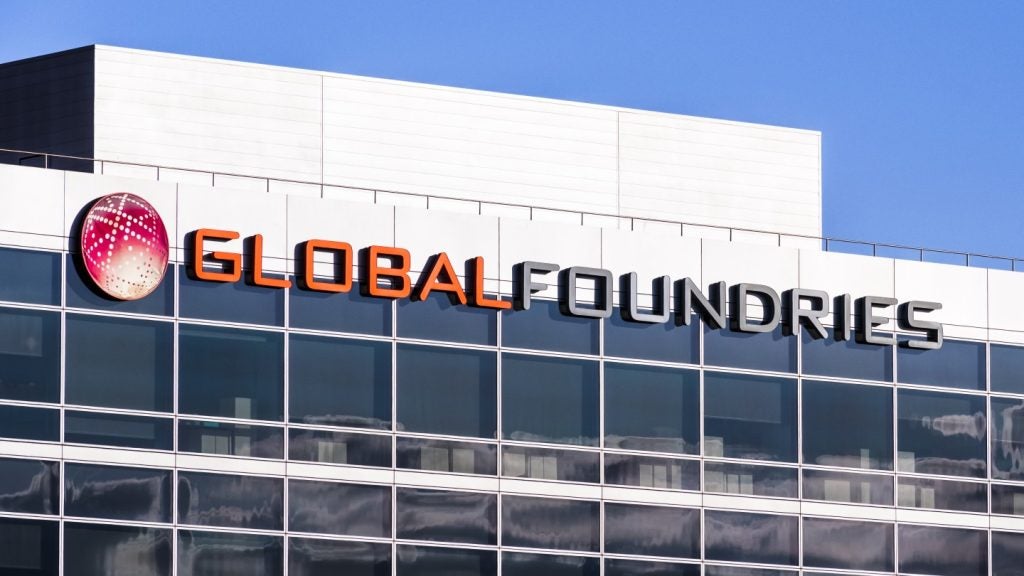
Oracle’s second-quarter revenue failed to beat Wall Street expectations on Monday (11 December) due to competition in the cloud computing market.
Oracle heavily depends on spending from enterprises, so has been hurt by companies cutting costs due to high inflation and higher borrowing costs.
The US company did see total revenue increase by 4% overall and improve 6% for its health information business Cerner, which it acquired last year.
Revenue from Oracle’s cloud services and licensing grew 12% totalling $9.64bn, falling below StreetAccount analysts’ estimates of $9.71bn.
The company reported total services revenue of $1.37bn, missing its estimates of $1.40bn.
“We did not bring up as much capacity as we could have used this past quarter,” Oracle CEO Safra Catz said on an earnings call.
The news comes after Alphabet reported its slowest cloud division growth in almost eleven quarters in October.
The value of cloud deals in the US has fallen since 2021, according to GlobalData’s deal database.
In 2021, the total value of cloud deals in the US totalled $343bn, a significant increase to 2020 which totalled $280bn.
The value of cloud deals fell in 2022 totalling $271bn. In 2023YTD, the value fell even further, totalling $197bn.
GlobalData estimates that, in 2021, total global spending by enterprises on private cloud services, hybrid cloud services, and cloud management platforms amounted to $160.9bn, according to its Thematic Research: Cloud (2022) report.
Global spending by enterprises on these three categories of cloud infrastructure solutions will reach $297.5bn by the end of 2026, having grown at a compound annual growth rate of 13.1%.
Our signals coverage is powered by GlobalData’s Thematic Engine, which tags millions of data items across six alternative datasets — patents, jobs, deals, company filings, social media mentions and news — to themes, sectors and companies. These signals enhance our predictive capabilities, helping us to identify the most disruptive threats across each of the sectors we cover and the companies best placed to succeed.







